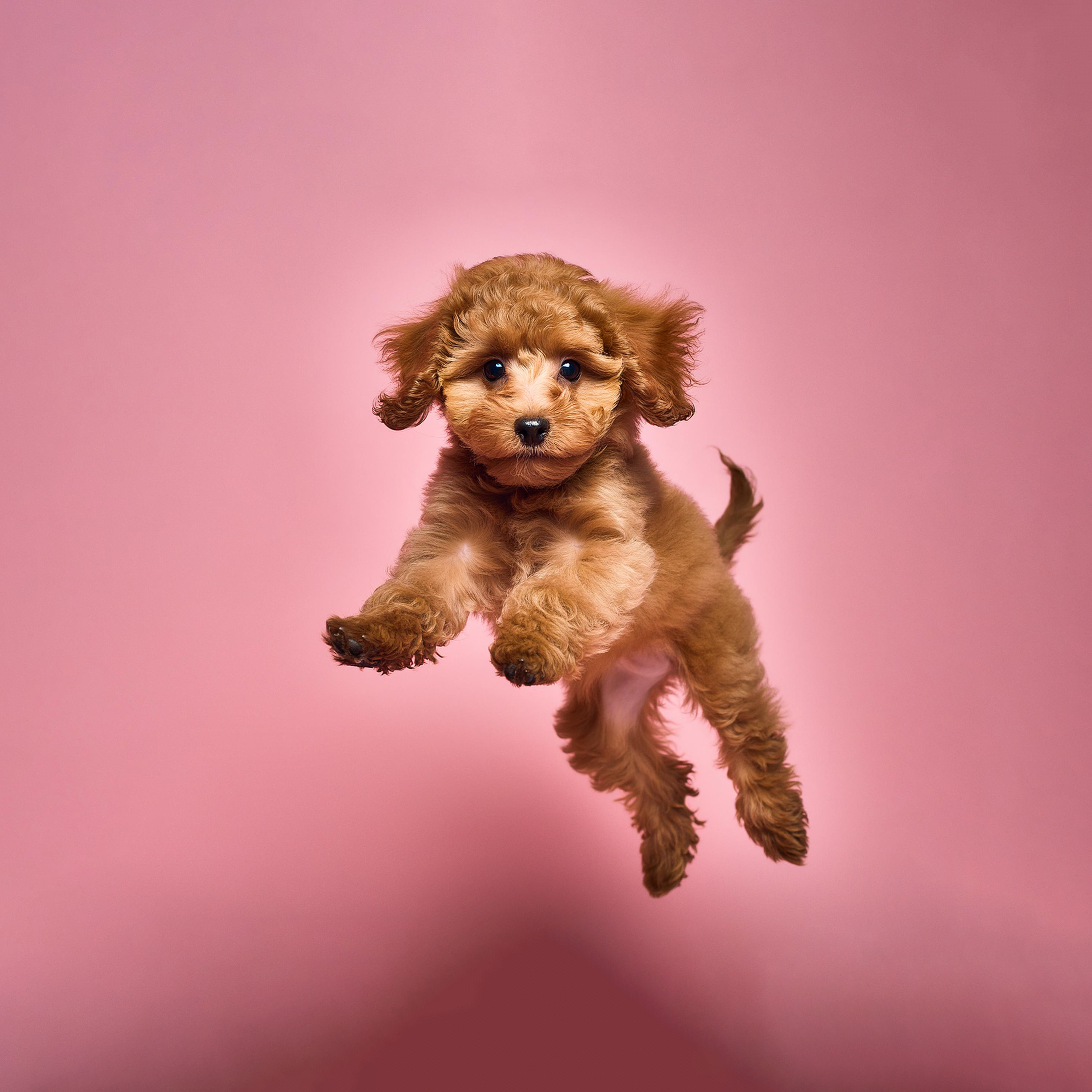Knee Cap Dislocation
Dislocation of the kneecap is a hereditary problem. Regular exercise of the muscles around the joints and maintaining a healthy weight are necessary to avoid the discomfort and pain caused by this problem. Corrective surgery may be necessary to correct severe cases of this condition. However, regular veterinary check-ups will detect early signs of kneecap dislocation and provide you with the opportunity to take appropriate measures at an early stage of the disease’s development.
Eating a high-quality, balanced diet will help your important family members develop muscles properly and stay healthy.
Legg Calve Perthes Disease
Perthes disease reduces the blood supply to the growth plate above the femur. The disease causes pain and difficulty in movement. As usual, the pain starts gradually and progresses slowly.
The diagnosis is confirmed by a bone scan or MRI (magnetic resonance imaging). As for the treatment, physical therapy is especially important for strengthening muscles and preventing the development of disease. In extreme cases, surgery may be necessary to prevent serious consequences caused by Legg Calve Perthes.
Progressive Retinal Atrophy
Progressive atrophy leads to gradual degeneration of the retina and loss of vision. The mentioned disease is passed on to companion animals by inheritance. Regular eye exams and a diet rich in antioxidants can help maintain retinal health. Before purchasing an important family member, carefully examine their genetics and make sure that your future companion doesn’t have a genetic predisposition to vision problems.
Distichia
Distichia is a rare disorder that causes abnormal eyelash growth. As usual, the disease causes eye irritation, swelling, and redness. However, in extreme cases, it may even lead to loss of vision. To identify the problem in time and take effective measures, we recommend that you consult a veterinarian as soon as the first symptom appears.

